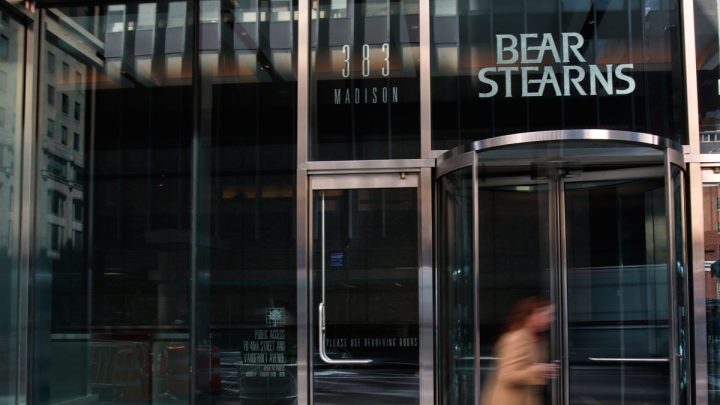
The Treasury Department wants to apply more scrutiny to financial institutions that aren’t banks
The Treasury Department wants to apply more scrutiny to financial institutions that aren’t banks

We learned of another wobble in the banking sector recently: First Republic Bank reported that customers withdrew more than $100 billion worth of deposits in the first quarter. Many of those customers were worried, after Silicon Valley Bank and Signature Bank failed last month, that First Republic would be next.
At the same time, there are signs that the recent banking crisis could be behind us. On Tuesday, the European Central Bank and several others started scaling back a program that provides extra cash to banks that need it.
But there’s more to the financial system — and financial crises — than just banks. The Treasury Department recently issued a proposal that would step up its scrutiny of what are known as non-banks.
Non-banks are kind of what they sound like: They provide financial services to the public, but they just aren’t banks.
“Insurance companies, mortgage companies, payday lenders, fintech platforms,” noted Cornelius Hurley, who teaches bank services law at Boston University.
Non-banks played a big role in the 2008 financial crisis, he said. Think AIG, Bear Stearns, Lehman Brothers.
So in 2010, the Dodd-Frank Act allowed the Treasury Department to determine whether banks and non-banks alike are systemically important.
“If you are systemically important, you’re going to be subject to intense — and I mean very intense — regulatory oversight,” Hurley said.
But in 2019, the Trump Administration added several steps to the process of determining whether a non-bank is systemically important. Those changes bogged things down, per Kathryn Judge, a professor at Columbia Law School.
“If you create a process that has too many different steps, effectively what you are creating is a process that can never be used,” she said.
Right now, the federal government doesn’t consider any nonbanks to be systemically important. The Treasury Department’s new proposal would speed up the process of deciding whether a nonbank needs more regulation.
That’s not necessarily because regulators see any nonbanks waving red flags, according to Jonathan Macey, a professor at Yale.
“I think what they see is simply how red flags are in a way useless, right, in this context,” he said, “because these runs can occur so quickly.”
And even quicker at a nonbank, Macey added, if investors all decide to pull their money because they’re worried the Federal government won’t show up with a bailout.
“To bail out hedge fund investors and large institutional investors, who put their money in these nonbanks — the justification for that is significantly weaker, in my view,” he said.
That’s why the government is better off stepping up regulation, Macey said — so that nonbanks don’t go belly up in the first place.
There’s a lot happening in the world. Through it all, Marketplace is here for you.
You rely on Marketplace to break down the world’s events and tell you how it affects you in a fact-based, approachable way. We rely on your financial support to keep making that possible.
Your donation today powers the independent journalism that you rely on. For just $5/month, you can help sustain Marketplace so we can keep reporting on the things that matter to you.












